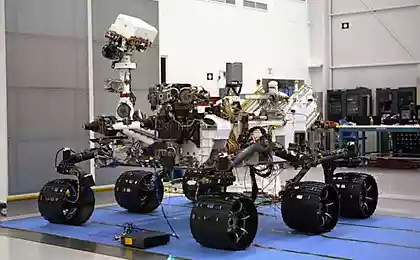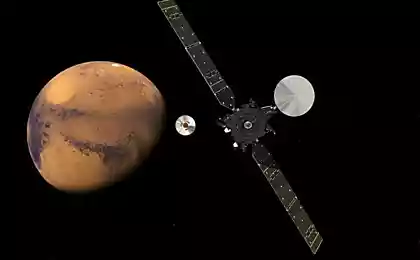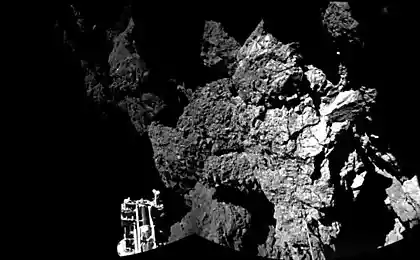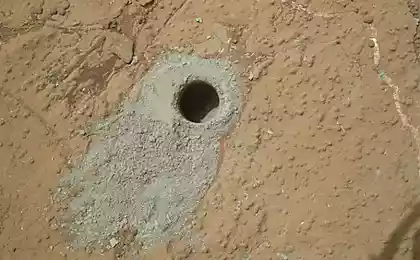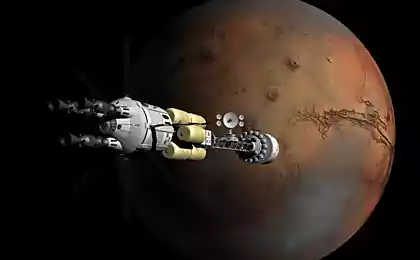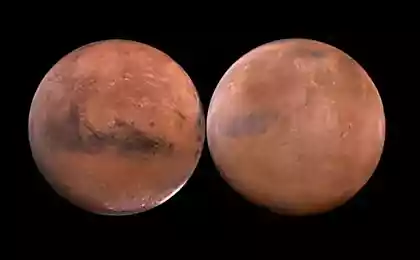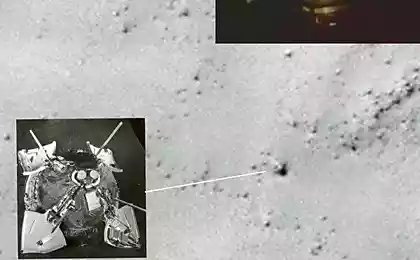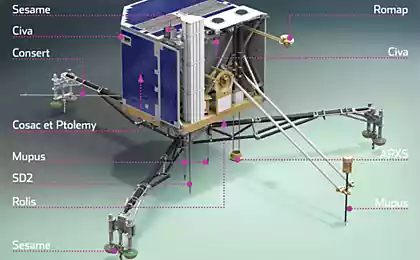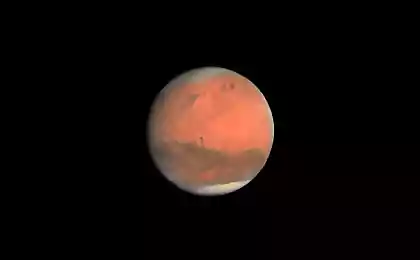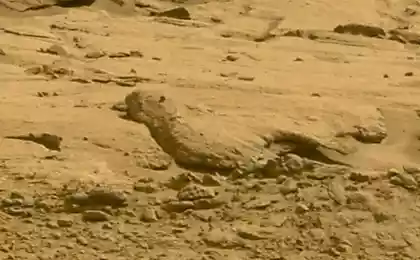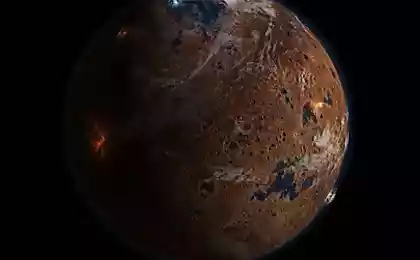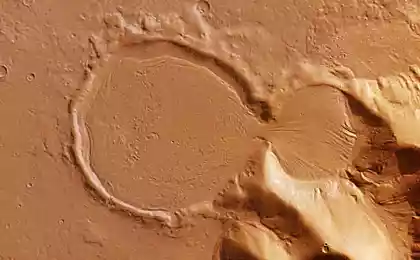690
US probe Phoenix landed on Mars
Phoenix, as planned,
I sat down near the North Pole.
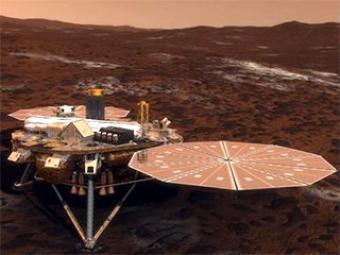
NASA spacecraft "Phoenix" landed on Mars as part of the flight to study the possibility of life on the Red Planet, conducted a live broadcast of the landing site of NASA.
On Earth, the landing "Phoenix" have learned from 15 minutes late - that the time required for passage of a radio signal from Mars to Earth.
"Phoenix", which was launched in August 2007, will study the icy surface of the Red Planet in the area of the northern plains. With the help of unmanned vehicles, scientists will try to establish whether the ice near the Martian surface periodically with sufficient intensity to melt to form a favorable environment for microbial life.
To accomplish this task, "Phoenix" is equipped with unique scientific instruments that had never been used on Mars.
A recent study of water on the Red Planet have shown how great it was in the past, the similarities between our planet and Mars. In 2002, NASA's research "Odysseus" found evidence that in some parts of Mars is not deep from the surface of the ice there.
"Fenisk" explore the history of the ice, determining the water changed the chemistry and mineralogy of soil, said senior researcher on the program "Fenisk" Peter Smith of the University of Arizona.
According to him, in addition to studying the ice, "Phoenix" will search for primitive microbes on Mars, and will observe the Martian weather and the interaction of the atmosphere with the surface of the Red Planet.
I sat down near the North Pole.

NASA spacecraft "Phoenix" landed on Mars as part of the flight to study the possibility of life on the Red Planet, conducted a live broadcast of the landing site of NASA.
On Earth, the landing "Phoenix" have learned from 15 minutes late - that the time required for passage of a radio signal from Mars to Earth.
"Phoenix", which was launched in August 2007, will study the icy surface of the Red Planet in the area of the northern plains. With the help of unmanned vehicles, scientists will try to establish whether the ice near the Martian surface periodically with sufficient intensity to melt to form a favorable environment for microbial life.
To accomplish this task, "Phoenix" is equipped with unique scientific instruments that had never been used on Mars.
A recent study of water on the Red Planet have shown how great it was in the past, the similarities between our planet and Mars. In 2002, NASA's research "Odysseus" found evidence that in some parts of Mars is not deep from the surface of the ice there.
"Fenisk" explore the history of the ice, determining the water changed the chemistry and mineralogy of soil, said senior researcher on the program "Fenisk" Peter Smith of the University of Arizona.
According to him, in addition to studying the ice, "Phoenix" will search for primitive microbes on Mars, and will observe the Martian weather and the interaction of the atmosphere with the surface of the Red Planet.



